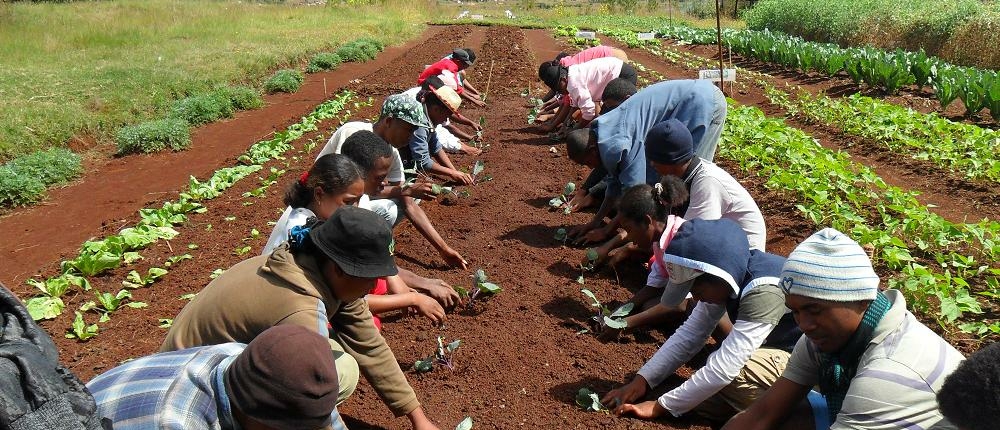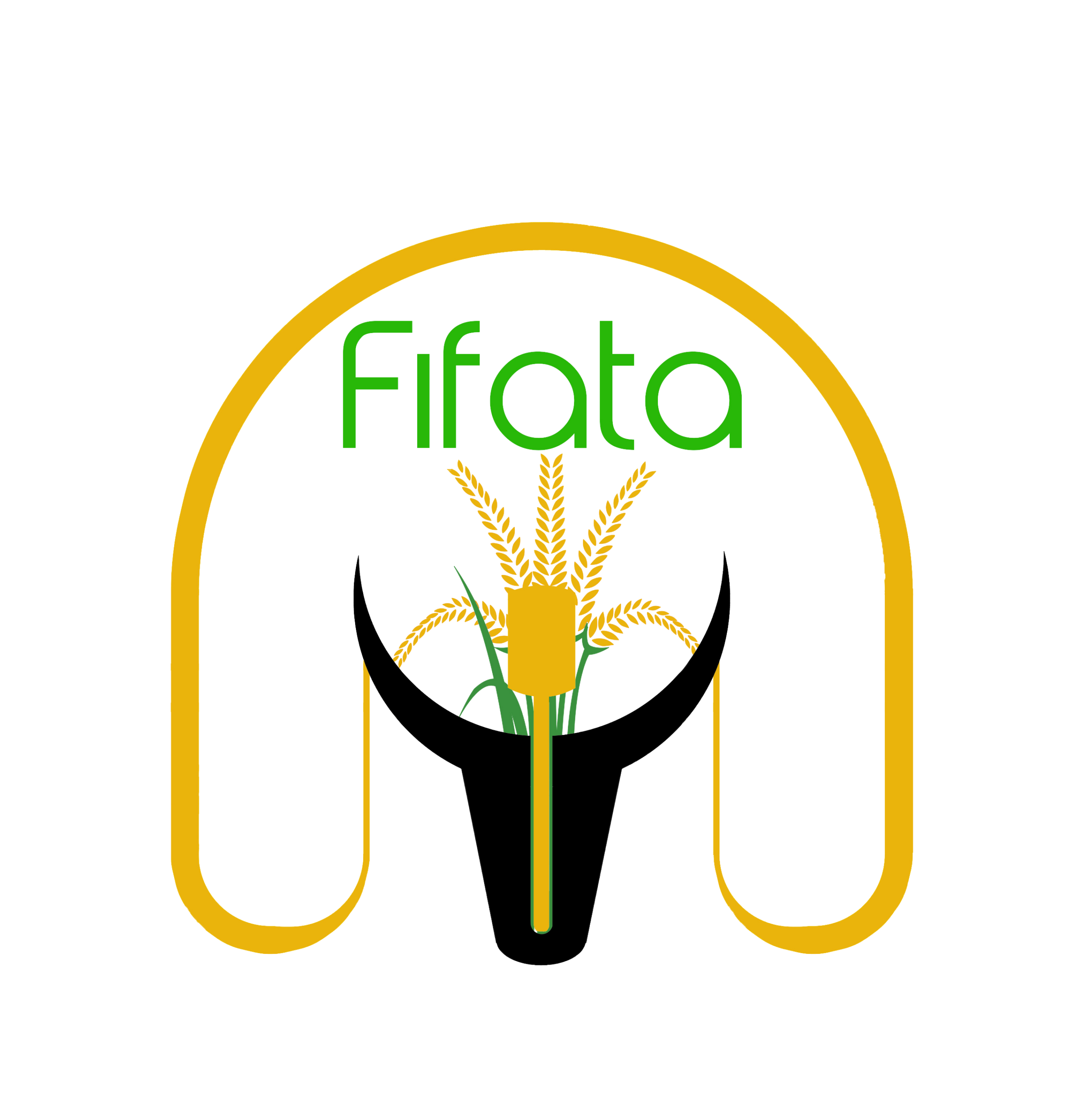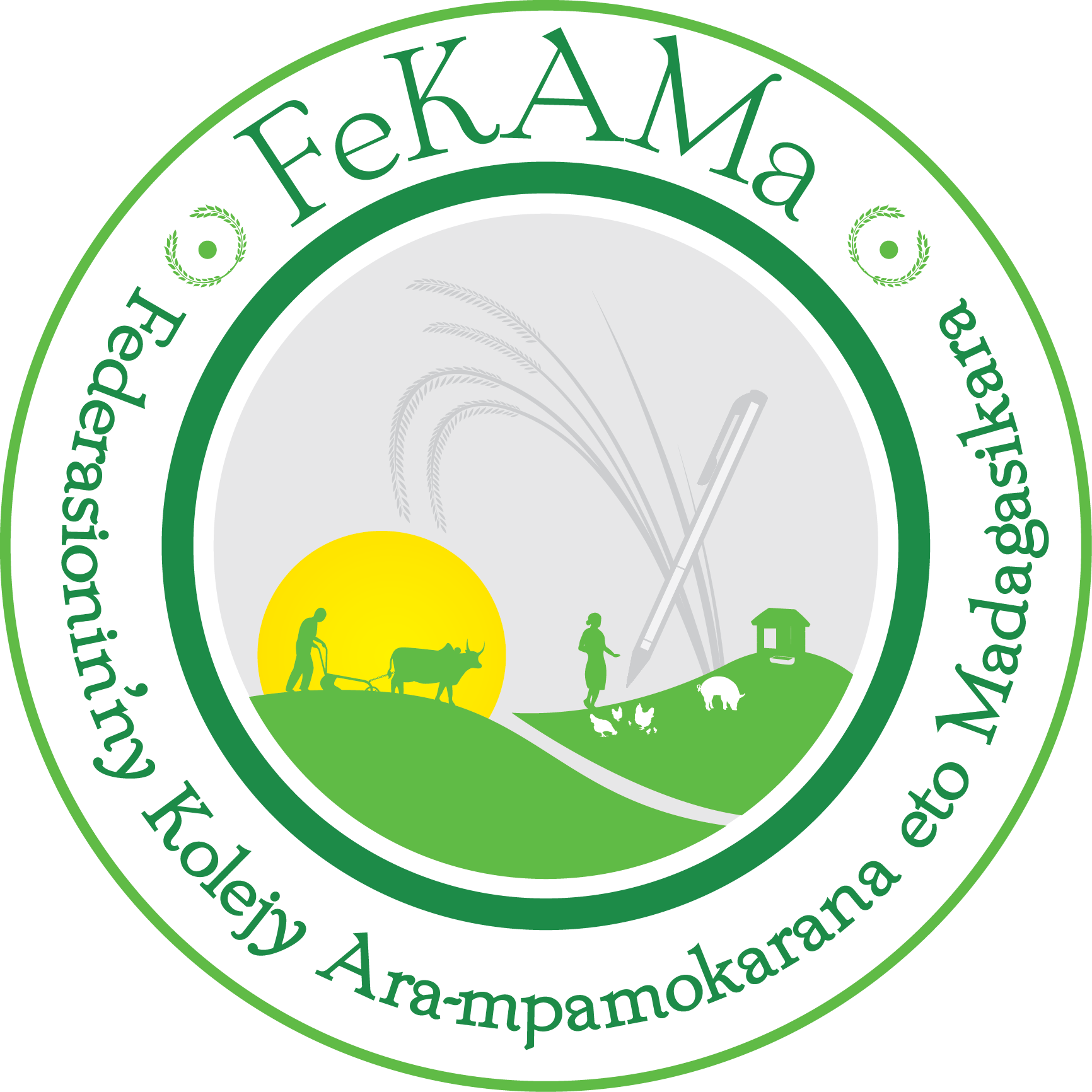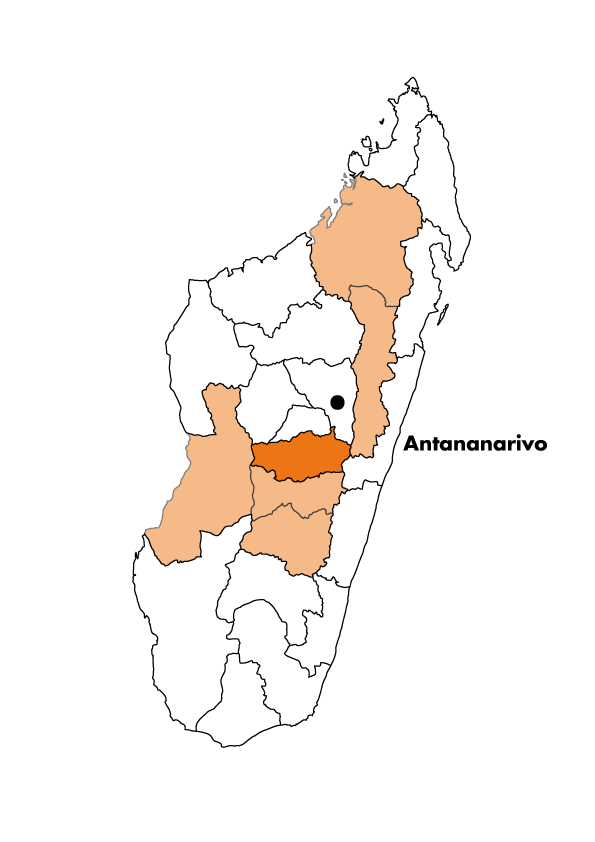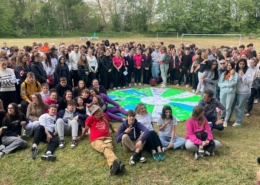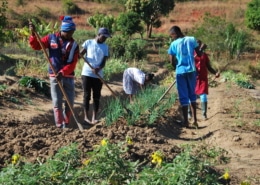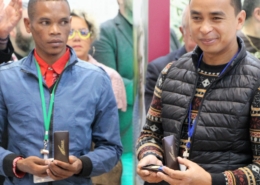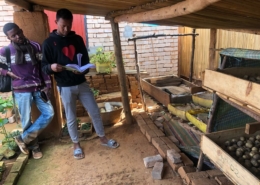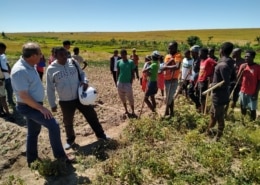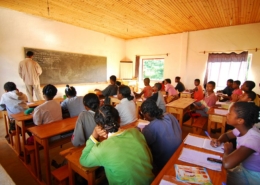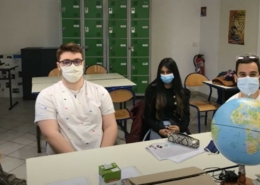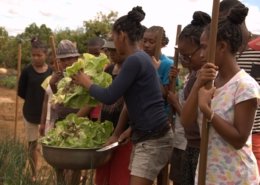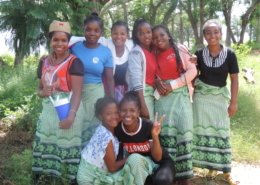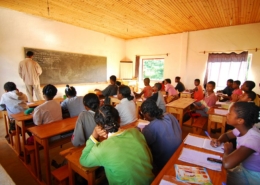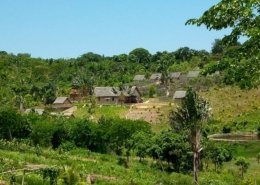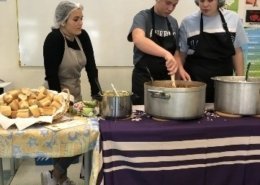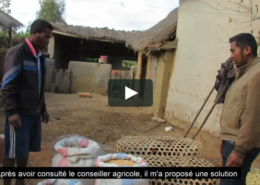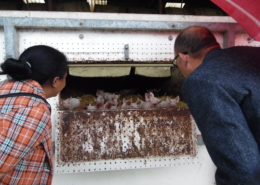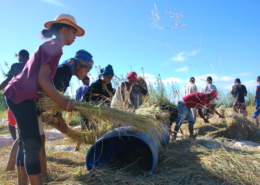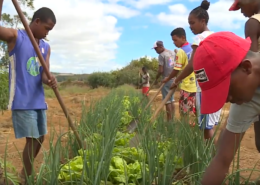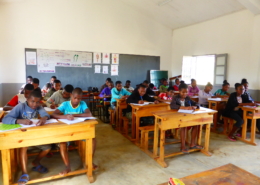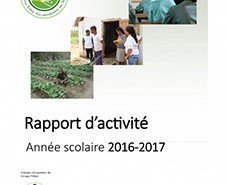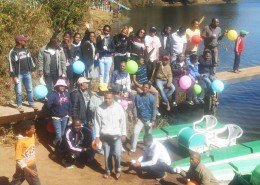Context
Agricultural high schools created by farmers for farmers
In the early 2000, due to the lack of initial agricultural education for young farmers from rural areas in Madagascar, Fifata questioned Fert on the need of training the next generation of family farmers and leaders of farmers’ organizations. Fert joined forces with National Council for Private Agricultural Education (CNEAP for “Conseil national de l’enseignement agricole privé” in French) to support Fifata in setting up an initial education system for farmers’ daughters and sons.
5 agricultural high schools have been gradually created. These schools offer a 3-year residential education scheme, 50% of which is based on practice thanks to a learning farm adjoining the school.
In 2009, a support system for occupational integration has been set up. This 3-year scheme consists of individual support by a dedicated advisor, young farmers meetings a grant and linkage to technical and financial partners.
The boards of the agricultural high schools and the Fekama federation are composed exclusively of farmers. Fekama is a member of the Fifata Group.
Objectives
Training young people, drivers of rural development in Madagascar
| Training a new generation of professional farmers | Fostering the renewal of farmers leaders within farmers’ organizations (FOs) | Contributing to public policies on training and vocational integration |
Actions
The (positive) effects of these actions
Since the creation of the first high school, 879 young people have graduated and 787 of them have been accompanied in their professional project. But beyond these figures, studies show that:
• The training develops young people’s technical and management skills and understanding of the socio-economic issues. It makes them want to become farmers by choice and not to become farmers by default. It enables them to make reasoned choices, to innovate, to implement and disseminate more efficient production techniques around them.
• Supporting young people after their training responds to their needs and enables them to overcome certain obstacles to the implementation of their professional project.
• The young people who have been trained become involved in their territory by sharing their skills to those around them; they contribute to the renewal of farmers leaders by getting involved in the FOs, in particular within the Fifata group.
Fekama is now recognized in the institutional landscape of agricultural and rural training, both nationally and internationally.

